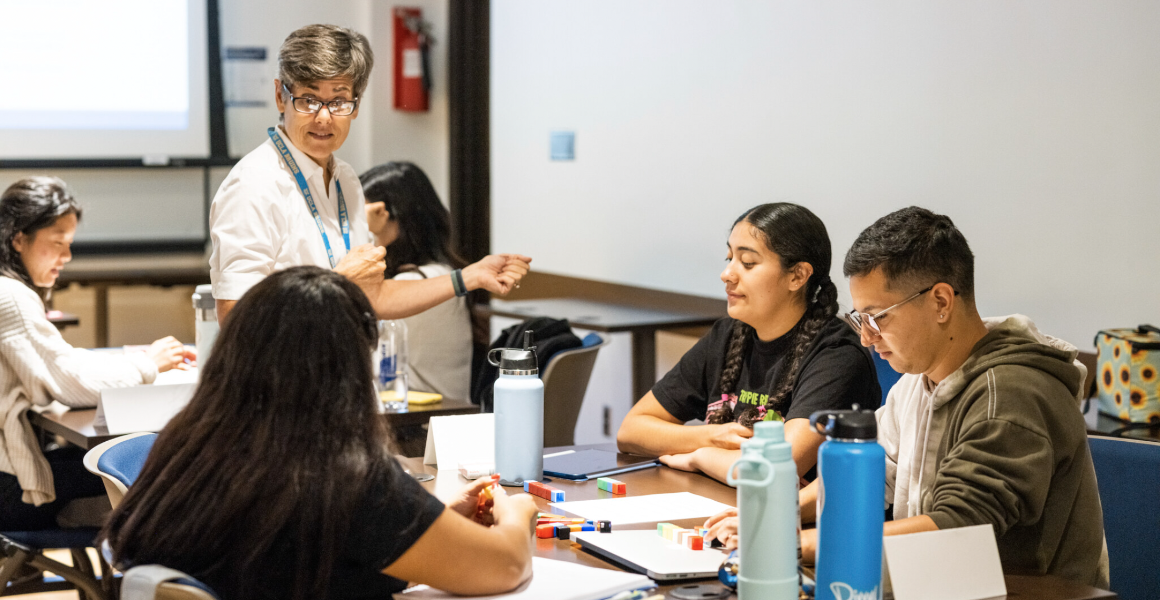CXBOS Insights
Your daily dose of news, insights, and information.
Lessons from the Playground: Why Play Should Be Part of Education
Discover why play is essential for learning! Uncover playful strategies to boost education and ignite creativity in the classroom.
The Essential Role of Play in Child Development: What Educators Need to Know
The essential role of play in child development cannot be overstated, as it is a fundamental component that nurtures creativity, social skills, and cognitive growth. According to The National Association for the Education of Young Children, play provides children with opportunities to explore their environment, interact with peers, and express their emotions. Through different types of play, such as imaginative play, constructive play, and physical play, children learn to develop problem-solving skills and resilience, which are critical in a rapidly changing world.
Educators must recognize the significance of incorporating play into daily activities to foster holistic development. Research from UNICEF highlights that play is essential for developing social competence, emotional regulation, and academic readiness. To create a supportive learning environment, educators should design play-based curricula and provide varied materials and resources that stimulate curiosity and collaboration among children. Ultimately, prioritizing play in educational settings not only enhances individual learning experiences but also builds a foundation for lifelong skills.

Play-Based Learning: How It Transforms Traditional Education
Play-based learning is revolutionizing traditional education by engaging children in a natural and enjoyable way. Instead of sitting still for hours, students participate in activities that promote exploration, creativity, and critical thinking. According to Edutopia, this method not only enhances cognitive and social development but also fosters emotional resilience. Play allows students to learn concepts in a context that feels relevant to them, making education more impactful and memorable.
The transformation from conventional teaching methods to play-based learning can also lead to significant improvements in student attendance and motivation. As students engage in collaborative games and projects, they build essential skills such as teamwork and communication. A study published by NAEYC emphasizes that these interactive experiences can lead to deeper learning outcomes compared to traditional rote memorization. By prioritizing play, educators can create enriched environments that not only challenge students academically but also promote a love for learning that lasts a lifetime.
Why Every Classroom Needs a Playground: Exploring the Educational Benefits of Play
The integration of play into the educational landscape is essential for fostering a well-rounded learning environment. Playgrounds are not just spaces for physical activity; they are vital for the overall development of children. Engaging in play allows students to enhance their social skills, stimulate their creativity, and improve problem-solving capabilities. Moreover, outdoor play has been linked to improved concentration and academic performance, providing a much-needed break from the structured classroom setting. By incorporating playgrounds into schools, educators can create a balanced atmosphere where children can thrive both academically and emotionally.
In addition to promoting physical health, playgrounds support cognitive and emotional growth. During play, children learn to navigate relationships and develop resilience, which are critical skills for their future. According to a study by the University of Colorado, children who have access to play-rich environments exhibit greater self-regulation and improved mood. These benefits underscore why every classroom needs a playground. To maximize learning outcomes, schools should prioritize play and create environments that encourage children to explore, socialize, and engage with their peers.